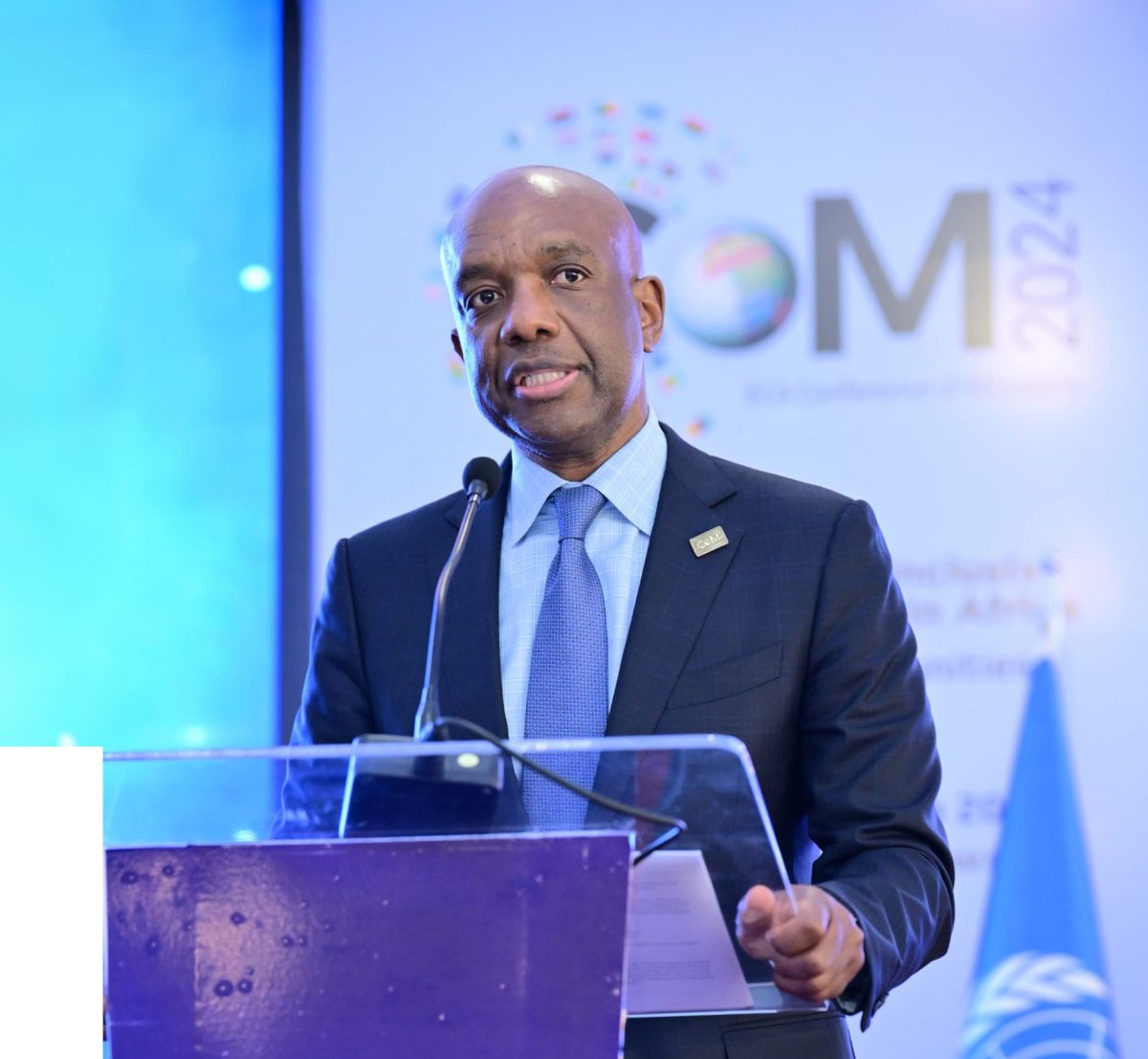This article was produced with the support of United Nations Economic Commission for Africa (ECA)
This is the view of James Manyika, Senior Vice-President for Research, Technology and Society at Google delivering the 2024 Adebayo Adedeji Memorial Lecture at CoM2024.
Manyika, who is also the co-chair of the UN High Level Advisory Body on Artificial Intelligence, said AI would have the most impact in “assisting people, powering the economy and expanding prosperity, accelerating scientific breakthroughs and helping to address societal challenges, enabling development”.
He noted, however, that these gains would not accrue automatically and would require investment, innovation, diffusion and an enabling policy agenda.
Already, Manyika said, AI is helping to improve lives through advances in scientific research and discovery.
Among other uses, these developments are helping professionals to fund cures for diseases faster, discovering minerals that can power next-generation technology and enabling faster predictions of natural disasters.
Some African nations have already deployed AI capabilities to improve lives. “In Kenya, AI models are being trialled that make ultrasounds more accessible to lightly trained ultrasound operators in under-resourced settings.
“In South Africa, AI-powered screenings are helping to catch tuberculosis early, reducing its spread,” he noted.
Despite these advantages, Manyika said there are potential drawbacks and complexities, including concerns about the impact it will have on jobs.
While most research indicates that more jobs, including new types of employment, could be created by AI, Manyinka said its benefits could be diminished if it led to job losses and affected workers were unable to find
new jobs due to their lack of relevant skills.
“Tackling these issues of workforce readiness, skilling and supporting worker transitions will be critical,” he emphasised, adding that Google is involved in initiatives to provide certified training programmes for thousands of Africans.
This, he said, will be especially critical for Africa, given the size of its young population who will have to contend with AI-related shifts over the course of their working lives.

 Sign in with Google
Sign in with Google 



